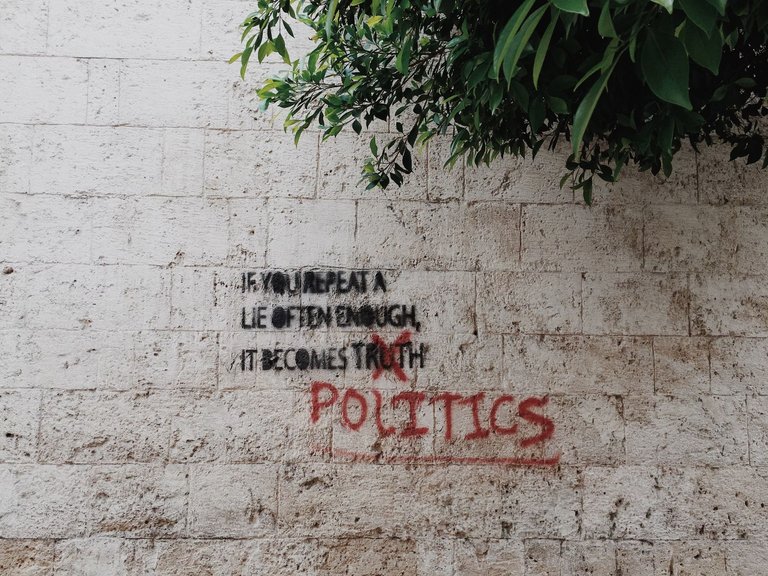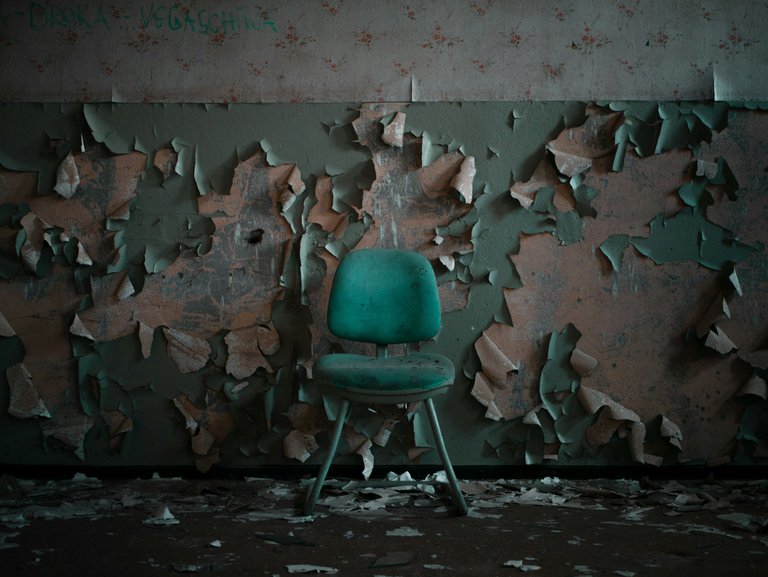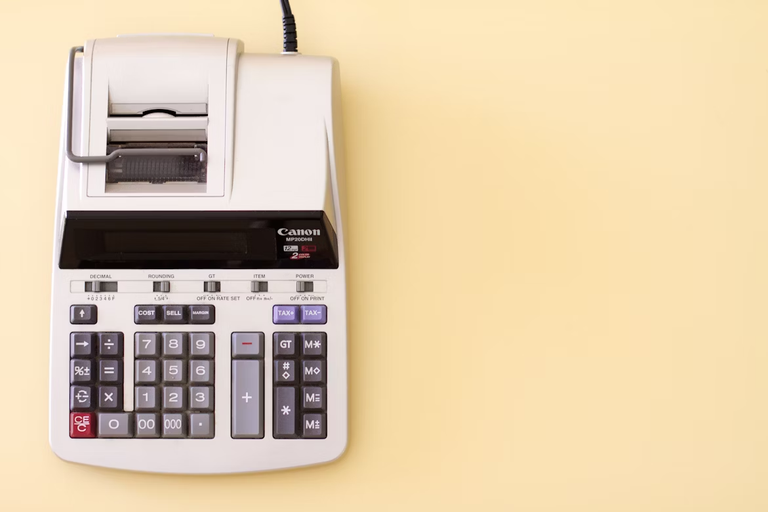
In recent times, I've taken my followers through my different interests, from fitness to psychology and more controversial topics tending towards the sociopolitical landscape. If you read my last post, it was even about my journey to less phone/internet/social media dependence. I don't know if that was a phase but I can tell you that the number of hours I spend on YouTube has been quite troubling.
Sociopolitical Views and Healthcare

Moving back to sociopolitical views though, I have become more aware of the causes of the inequalities that exist in the society around me and it has become harder and harder to unsee. Many people in the West cry out for more social security, health insurance and more taxes to be placed on the companies but is this the solution to the needs of a large and diverse population?
Comparison of Healthcare Policies in Different Countries
As someone constantly seeking where to go as opposed to living in the country of my birth, I have found that different countries have different policies to help their people.
In Nigeria, our system is similar to that of the UK. Most federal/state workers are covered under the NHIS. They can get free visits to the hospital and pay next to nothing for health care. While this is a fantastic system, many people in the country do not work for the government.
Don't listen to what the statistics from Statista, 51% of people are not actively working for the government. A lot of them are ghost workers, also how many people know that the federal government allows them to see a doctor for free and allows them to have 90% of their treatment taken off?
I think the system would be similar to what you have in South Africa too, not just in the percentage taken off but the share proportion of government workers and knowledge of their privilege. I could be wrong about this but I don't think so.
Challenges in Healthcare Delivery
Whenever there is a diverse large population of people living together like you have in South Africa, the US and Nigeria it becomes harder and harder to manage the resources coming in and accountability flies out of the window.
Government jobs already suffer from what Nigerians like to call "see finish" where nobody is behaving in a manner that is respectful of the position they are in. What this looks like to patients and caregivers in government hospitals is an empty reception to attend to them, nurses who are grouchy cause they have to deal with the heightened emotions of the hospital attendee, grouchy nurses lead to finally an angry doctor wakes up to "doctor please do fast and come joor! Didn't you hear the patient shouting?"
Impact on Patients and Healthcare Providers
While I don't mind being a victim of that every now and then I particularly find that the biggest victims of our health care are the patient and their relatives. Eventually, the doctor meets the patient and the evils of medical practice begin to play out, especially in teaching hospitals where everyone is supposed to work supervised. You see, in these tertiary institutions the worst conditions from around the country are being sent down and while the initial phases of management can be handled by a nurse and a medical officer the role of a supervisor can not be overemphasized.
Concept of "Anyhow-ness"

Another concept in the Nigerian system comes into play in these larger institutions called "anyhow-ness", this is the process through which most disasters take place in Nigeria.
It is not enough to care about issues emotionally...you can do that all you want and still cause havoc. I think about this whenever I'm trying to set a line for a very sick child and the mother starts to cry and demands to take the child to another hospital because having the baby's head makes for easy cannulation. She cares about the child more, I care too but I'm doing so intellectually because I know that if I don't get IV access I can't resuscitate the baby.
We can go into detail about why we don't have a red-light vein viewer but I'll join that rally whenever you start it.
Eventually, the able officer who is working unsupervised does what he knows how to do and most times it's a slam dunk answer but at other times he still needs that supervision and that's when anyhow-ness comes into play.
No amount of emotional care can replace intellectual care. In fact, you can have zero care for a person emotionally and still do your job efficiently but having little knowledge (as most people have) about an issue and trying to fix it could even make it worse on some occasions.
In Nigeria, anyhow-ness meets with see finish regularly. The interplay is magical... it's American wonder!
Financial Challenges and Taxation

To multiply the effects of all the dark magic... healthcare staff are not paid adequately. But it's part of the taxes that Nigerians pay for. It's part of your taxes that get sent to the federal government.
The problem with your taxes (if you are a Nigerian reading this) is that most of the taxes are used to feed the government. Because you see my resilient readers, your government's biggest expenditure is our government officials.
10% of 50% 200million Nigerians earning $17 minimum wage is $170,000,000....not a lot but considering that's minimum wage...
Now, if you don't work for the government, you might be asking "What taxes?" Well, if you are also someone who does not pay for food, transport and other utilities, I will agree with you on your evaluation of your taxation.
Even if you don't pay direct taxes, these companies you buy from or that your vendor buys from raised their price because of the cost of fuel, the dependence on fuel and the general cost of doing business in the country.
Nigeria has more tax laws than the United States and the original intent was to provide social welfare (because we a socialist state) but they are all poor-quality laws and are not effective.
So why would a supervisor come to the hospital to help around for a country that never helped him? A country that is making things worse? A country he is currently trying to leave at the moment?
The final nail on the coffin is that in-patient care for malaria now costs about $30 in a country where the minimum wage is $17 and you are almost certainly going to see malaria cases every day.
The price of drugs is on an upward trend, the cost of in-patient management is becoming more and more ridiculous to say out loud as a medic and the incidence of diseases continues to rise.
My hope is that with this post I would have opened your eyes to how destructive our socialist laws are and how instrumental they are in keeping us poor.
Get out there do your thing and don't let anybody stop you...PEACE!
Follow my page to join the movement and share the post with your friends and family.



